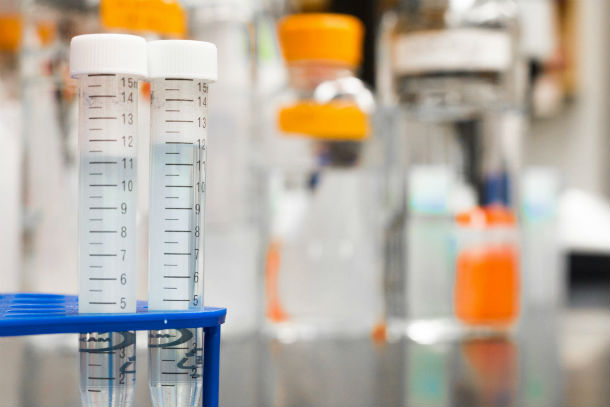A Bright Future for ALS Research: Takeaways from the 35th International Symposium on ALS/MND
January 31, 2025Last month, Atlantic Research Group sponsored and attended the 35th International Symposium on ALS/MND in Montreal, Canada. Despite the cold winter weather, they received a warm reception from many investigators they’ve worked with in the past.
“ALS investigators are passionate about what they do,” Mike Baker, ARG Senior Vice President of Business Development said. “Our goal during clinical trials is to make their lives easier, along with the patient and caregivers. When we saw all of them at this conference, we felt their gratitude.”
The conference featured the world's leading researchers, who are working on cutting-edge advancements in ALS treatment. Top companies collaborate with researchers at conferences like this one to ensure they have the resources and support needed to make progress in the field. Among these professionals, ALS advocacy groups attended the event to help raise awareness of what’s happening in their communities.
“Advocacy groups had a strong presence at the conference,” Kendyl Dixon, ARG Business Development Manager, noted. “These groups play a crucial role in representing patients, raising awareness and advocating for advancements in patient care and treatment protocols.”
Collaboration within the ALS Community
The ARG team had the opportunity to meet with over 20 different companies that work in the field of ALS research. Hearing so many perspectives while sharing their own experiences allowed them to walk away with a renewed understanding of the state of ALS research and hope for what’s to come.
Patients and their caregivers could also be found at this conference. Their presence allows those on the research side to get a human perspective on the lived experience of ALS patients, invaluable as data points can only tell you so much about what it’s like to live with this disease.
Common Challenges with ALS Trials
ALS trials are some of the most challenging clinical trials for many reasons, one of those being the money it takes to run one. Despite the market turning around in recent years, funding remains a significant challenge, particularly for registrational trials and initial clinic visits.
“There’s a bright future here, but things have to happen on the funding side,” Mike Baker noted. “Right now, the optimism is greater, and the hope is that the funding will follow.”
Along with the issue of funding, ALS presents in different ways and is particularly difficult to diagnose. Early diagnosis is crucial for getting patients the treatment they need at an early stage. Mike Baker told the story of a 36-year-old woman who walked around for seven months on a foot she thought had an isolated injury. In reality, it was the first symptom of ALS. Stories like this are all too common in the ALS world, indeed one ALS patient gave a very lucid and emotional account of his own frustrating and time-consuming diagnostic journey.
The average time it takes to diagnose ALS is 2 years, and it can only be done through a series of tests, often as a process of elimination. Ignazio Di Giovanna, ARG’s VP, Scientific Affairs, Neurology, notes that the medical community is all too aware that the time diagnosis needs to be shortened as earlier treatment will inevitably give patients earlier access to not only medications, but also other types of therapies that may help relieve and manage ALS symptoms, including physical, occupational, speech, and respiratory therapies.
Earlier diagnosis is often also an important part of qualifying for some clinical trials, as some patients’ ALS may progress too fast to be suitable for clinical studies approaching 3 years post-diagnosis.
A Brighter Future for ALS Patients
Compared to previous ALS conferences the ARG team attended, this one felt more collaborative and more optimistic. They learned about promising technology and molecules being developed for ALS treatment. There’s a push toward more biological modes of action, centrally acting and targeted treatments, such as Antisense therapies.
Around 10 companies that attended the conference are preparing to enter clinical trials for the first time, an exciting development despite a number of prevalent clinical trials that have recently failed. Each of these trials are building on the success of Biogen’s Qalsody, which although specifically for a small proportion of ALS patients with SOD1-related ALS, it has shown that ALS can be treated giving researchers, physicians, and, most importantly, patients’ optimism for the future.
The symposium brought together a diverse group of stakeholders who are all committed to advancing research, advocacy and treatment options for ALS patients. Despite challenges in funding and diagnosis processes, there is a sense of optimism and momentum in the field. The key takeaway for the ARG team is that the future of ALS is looking bright, with new technologies and therapies that will bring us that much closer to a cure.



